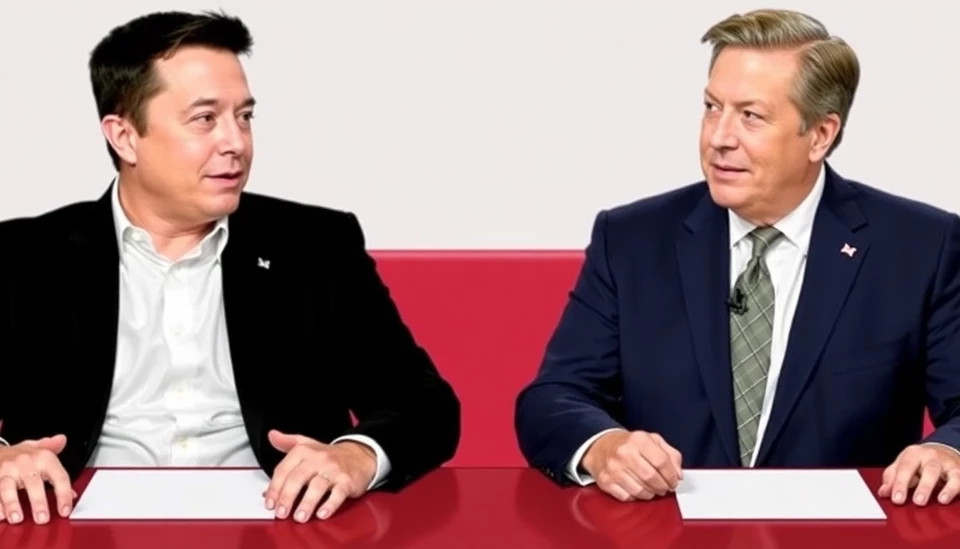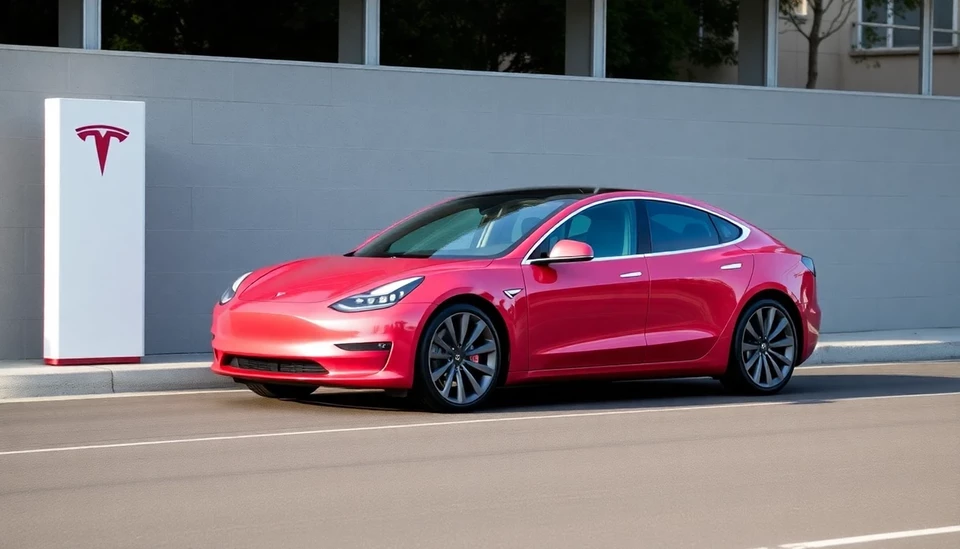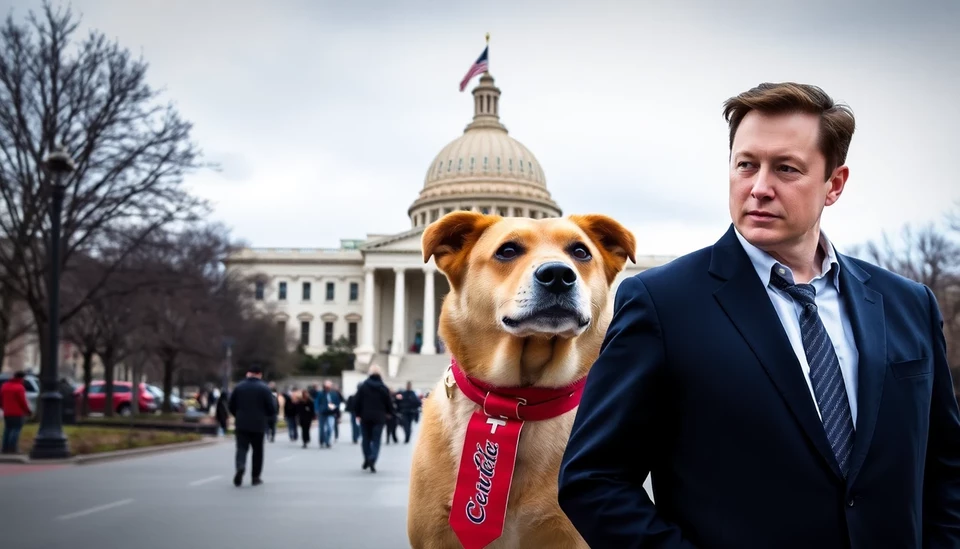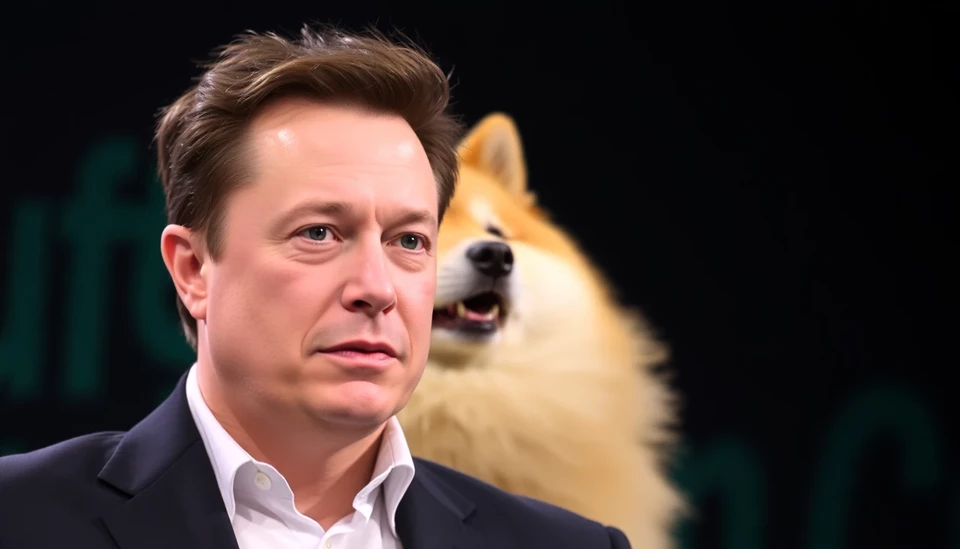
In a striking and public exchange, Tesla CEO Elon Musk has labeled former White House trade adviser Peter Navarro a "moron" amid escalating tensions related to tariff policies that trace back to the Trump administration. This controversy has taken center stage as Musk responds to Navarro's comments on the impact of the tariffs imposed on Chinese imports during Trump's presidency.
The spat unfolded after Navarro criticized Musk's latest statements concerning the tariffs, which he believes have adversely affected American industry, particularly in the electric vehicle sector. Navarro, known for his hardline stance on China, suggests that the tariffs were essential for protecting American manufacturing and promoting domestic production. However, Musk has vehemently disagreed, asserting that these trade barriers have only inflated prices for consumers and hindered innovation.
In a series of tweets that have since garnered significant attention, Musk explicitly dismissed Navarro's views. He argued that the tariffs are not only counterproductive but also detrimental to the very industries they were intended to protect. Musk's frustration echoes a broader sentiment held by numerous industry leaders who feel that such tariffs indirectly stifle competition and innovation in a global market.
During this back-and-forth, Musk underscored that the challenges posed by the tariffs have forced businesses, including his own, to navigate a landscape marked by uncertainty and inflated costs. He emphasized the need for a nuanced approach to trade, particularly in the context of fostering growth and sustainability in the electric vehicle market.
The timing of this confrontation is noteworthy, as discussions around U.S-China trade relations continue to evolve. With many economists warning of potential repercussions on inflation and consumer behavior, the situation remains delicate. As trade tensions simmer, both Musk's comments and Navarro's defense of the tariffs highlight the differing perspectives within the business community on the implications of such policies.
Analysts suggest that further engagement on this topic could shape future discussions around trade policy, particularly as new tariffs and international trade agreements loom on the horizon. The debate encapsulates the broader battle over the economic policies that will define the U.S.'s relationship with China and the strategies that American businesses should adopt moving forward.
Amid the escalating tensions, stakeholders in the business community will be keenly observing how this narrative unfolds, particularly whether Elon Musk's vocal opposition to Navarro’s stance gains traction among other industrial leaders.
As this story develops, it serves as a timely reminder of the complexities involved in international trade and the real-world implications that tariff policies can have on innovation and consumer prices. The back-and-forth between tech moguls and former government officials exemplifies the ongoing dialogue on how best to navigate the challenges of a rapidly changing global economy.
#ElonMusk #PeterNavarro #Tariffs #TradePolicy #TrumpAdministration #ElectricVehicles #China #Innovation #Economy #BusinessNews
Author: Rachel Greene




